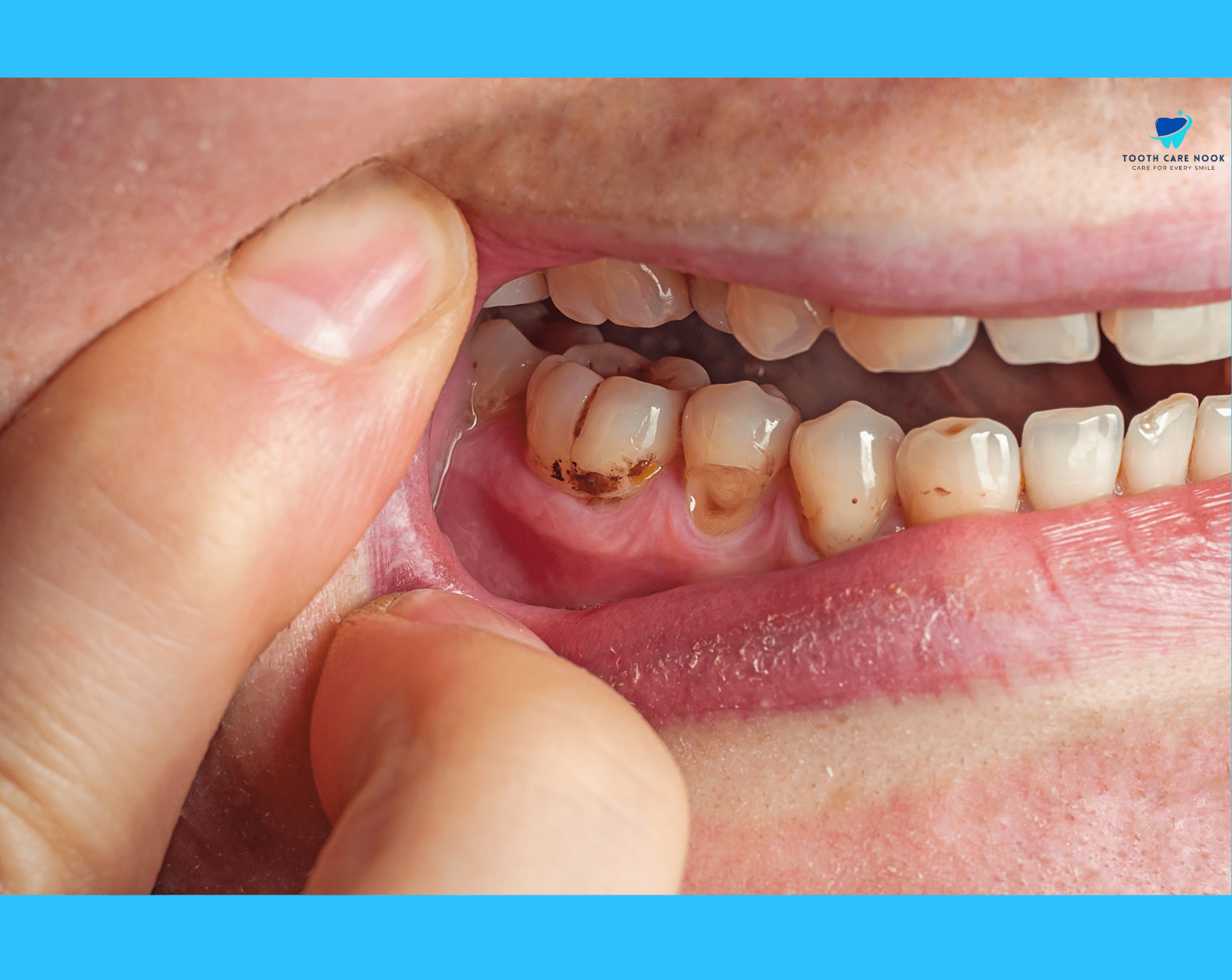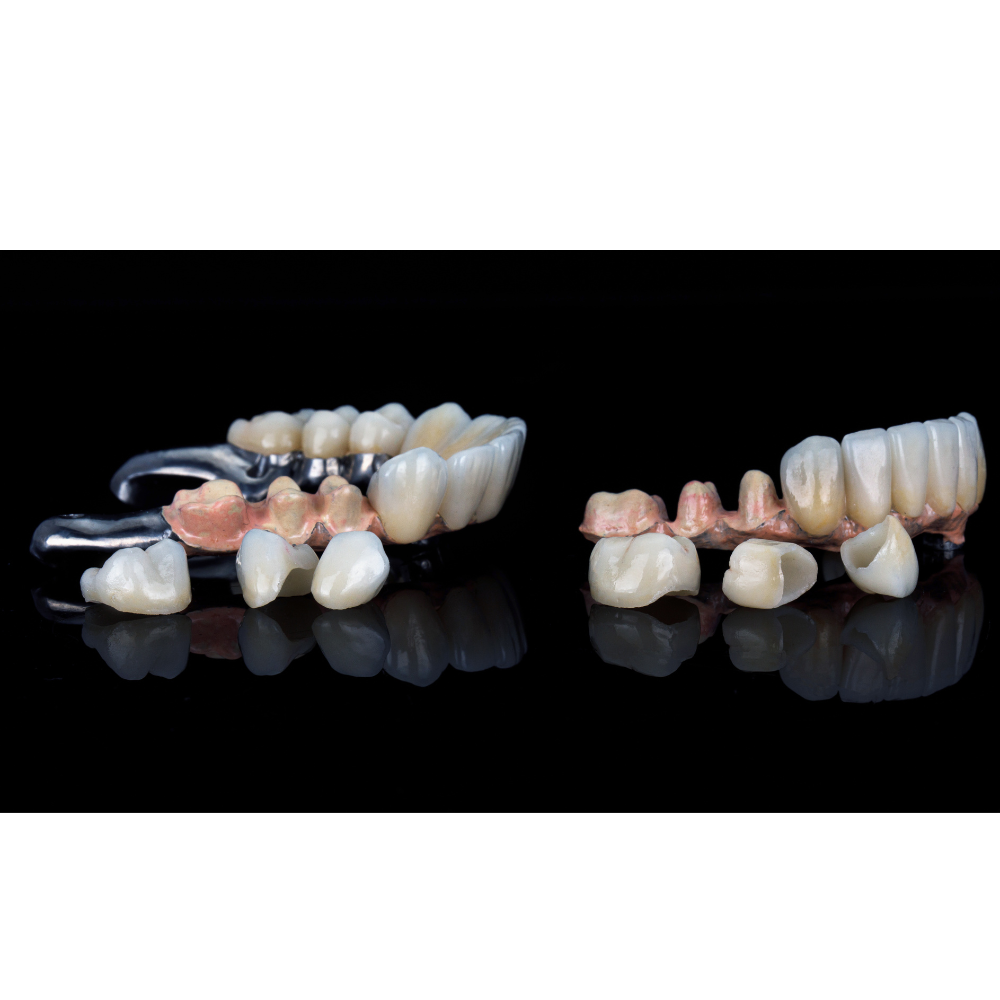Do Your Teeth Keep Growing? | All About Dental Growth
Our teeth are an important part of our daily lives, not only in terms of chewing but also in terms of our appearance and health. Many of us are familiar with the idea that our teeth develop during childhood and adolescence, but what about after that? Do our teeth keep growing throughout our lives?
It’s important to know that although our teeth do not grow in the same way that our bones do, they are still susceptible to changes over time. First, let’s look at how a tooth grows.
How Do Teeth Grow Out?
Teeth growth, from the early stages of development to their emergence in the mouth. It is a fascinating process governed by a series of intricate biological mechanisms. Here’s a process of how teeth grow out:
Embryonic Development:
Tooth development begins even before we’re born, around the sixth week of pregnancy. At this early stage, tiny buds form along the gums.
Bud Stage:
These buds gradually grow larger, like little bumps under the gums. Each bump represents a future tooth.
Cap Stage:
As the buds grow, they start to take on specific shapes. They form into what looks like little caps, which will eventually become the different parts of the tooth.
Bell Stage:
Inside these caps, different layers start to form. These layers will make up the enamel, dentin, and pulp. Once the basic structure is in place, the tooth starts to harden. It’s almost ready to come out.
Eruption:
When the tooth is strong enough, it starts to push through the gums. This is what we call teething. It can be a bit uncomfortable, but it’s a normal part of growing up. After the tooth emerges, it keeps growing. Its roots start to lengthen which anchors it firmly in the jawbone.
Do Your Teeth Keep Growing?
Once your adult teeth have fully developed and emerged, they do not grow any further in size. The misconception of teeth growing throughout life might stem from the fact that teeth can appear longer as gums recede with age which gives the illusion of growth.
Also, teeth can change shape and structure due to wear and tear, dental treatments, or conditions like teeth grinding. However, these changes are not indicative of actual growth. Instead, they reflect alterations in the existing tooth structure.
Therefore, while it’s a must to take care of your teeth to maintain their health and appearance, you can rest assured that they won’t be growing any longer once they’ve reached their adult size.
What Age Do Your Teeth Stop Growing?
Your teeth stop growing by the age of 12 to 18 years old. Research conducted in the United States indicates that by this age, the size and shape of your adult teeth are largely established. You can consider your teeth to have reached their full size and development by early adulthood.
Factors That Affect the Teeth Growth
Here are some factors that can affect teeth growth:
- Genetic factors play a significant role in determining the size, shape, and alignment of teeth.
- Consuming sufficient amounts of calcium, vitamin D, phosphorus, and other nutrients supports proper dental development. So, if some should take them properly it can affect your teeth growth.
- Poor oral hygiene can lead to dental issues such as tooth decay and gum disease, which may impact tooth development.
- Trauma or injury to the teeth, especially during childhood, can disrupt normal tooth development. Fractures, chips, or injuries to the tooth’s root can affect its growth and structure.
- Hormonal imbalances or developmental disorders can also affect tooth development.

Why Do Some Teeth Not Grow Out?
Sometimes, teeth don’t grow out for the following main reasons:
- A tooth just doesn’t develop at all. This can be due to genetic factors or issues during pregnancy.
- Teeth can get stuck and not come out properly. This happens if there’s not enough space in the mouth or if something blocks the tooth’s path.
- Certain health conditions or medications can interfere with tooth development. These factors may lead to missing or malformed teeth.
FAQs
Do Permanent Teeth Grow?
No, they do not grow back or continuously grow longer. Once the primary teeth have fallen out and the permanent teeth have fully developed and erupted, there is no further natural growth of teeth.
Are We Born With All Our Teeth?
No, we are not born with all our teeth. We are born with none of our permanent teeth and only the potential for them to develop under our gums.
Can a Broken Tooth Regrow?
No, a broken tooth cannot regrow. Once a tooth is broken or damaged, the natural tooth structure cannot regenerate on its own. However, dental treatments such as fillings, crowns, or dental bonding can restore the appearance and function of a broken tooth.
Can Teeth Repair themselves?
Yes, it is possible for a tooth to repair itself to some extent if the damage is minimal and caught early. This process is known as remineralization and can occur when the damage is limited to the outer layer of the tooth, called enamel.
Is Having All 32 Teeth Rare?
Having all 32 permanent teeth is not rare. It is considered normal for adults to have a full set of 32 permanent teeth, including 8 incisors, 4 canines, 8 premolars, and 12 molars. However, the presence of all 32 teeth can vary among individuals due to factors such as genetics, dental development, and oral health.
Are lifetime teeth permanent?
permanent teeth while called lifetime teeth aren’t guaranteed to last a lifetime. With proper care, they can indeed last a very long time but factors like trauma, gum disease, and poor oral hygiene can lead to tooth loss.



